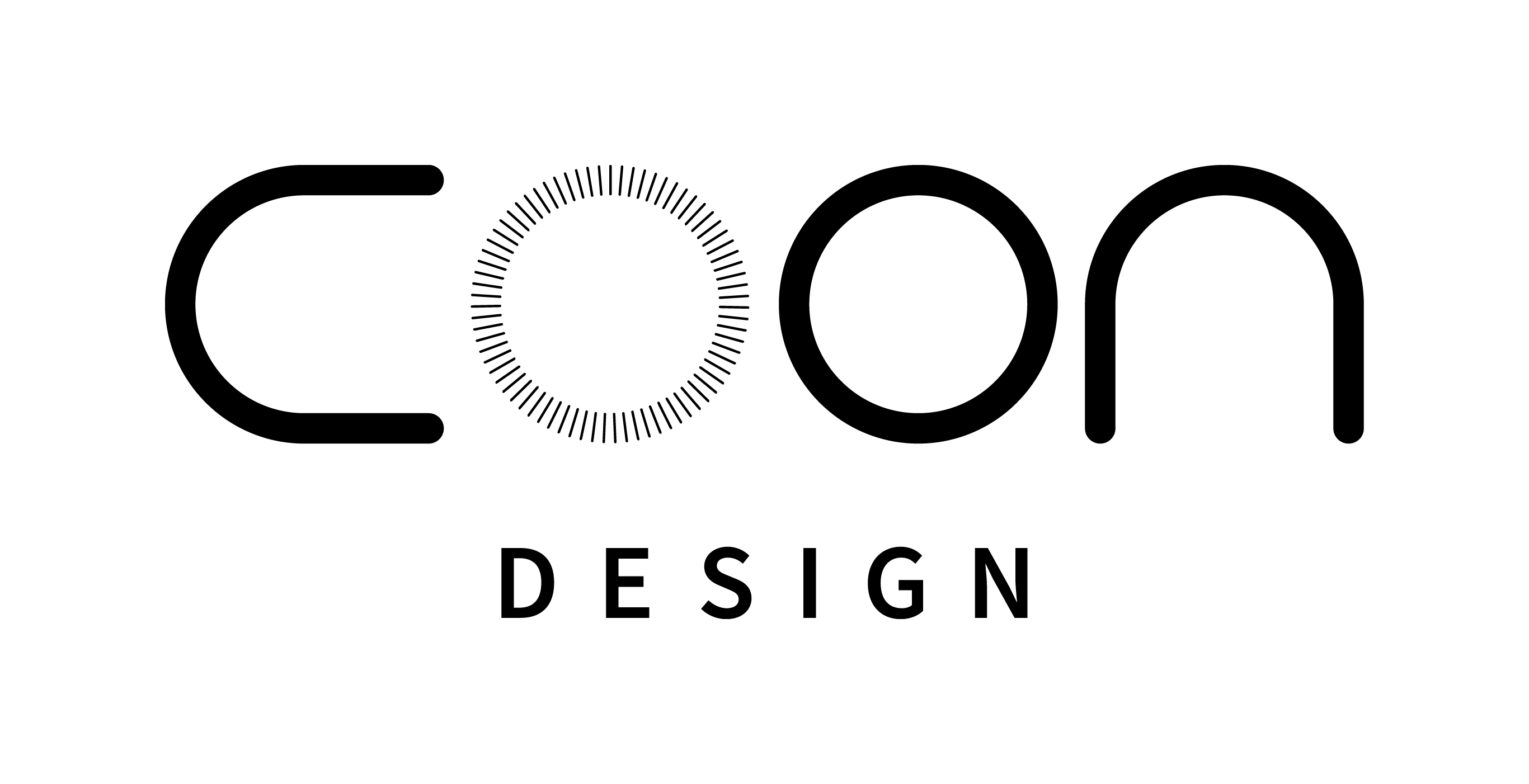Introduction to Black Market Bets and Blood Diamonds
The world of gambling has long been associated with risks, both in terms of personal finances and ethical considerations. However, when gambling meets the dark underbelly of illicit trade, a dangerous combination emerges – black market bets. One particularly disturbing example is betting Blood Diamond slot on blood diamonds, where gamblers stake their money on a grim reality: the sale and trading of these precious stones fuel conflict and human rights abuses in some of the world’s most troubled regions.
Blood diamonds, also known as conflict diamonds or conflict gemstones, refer to rough diamonds mined in war zones, which are used by rebels and militias to fund wars and perpetuate human rights violations. These illegal activities not only undermine peace efforts but also lead to further suffering among local populations, who often find themselves caught between warring factions.
The link between gambling and blood diamonds is a sinister one. Some online gambling platforms have been accused of enabling such illicit betting through their services, allowing gamblers from around the globe to place bets on the sale prices or distribution outcomes of these precious stones. This not only fuels demand for blood diamonds but also legitimizes the activities of criminal groups involved in their trade.
Understanding Blood Diamonds and Their Impact
Before delving into the role of gambling in this illicit activity, it is crucial to understand what constitutes a blood diamond and the profound impact these gemstones have on societies. The term "blood diamonds" was popularized by the 2006 film "Blood Diamond," which highlighted the connection between rough diamond trade and funding conflicts.
In regions like Angola, Sierra Leone, and the Democratic Republic of Congo (DRC), where blood diamonds are commonly found, local populations often suffer immensely from the exploitation of these resources. Armed groups control mining sites, subjecting workers to harsh conditions, violence, and even forced labor. The proceeds from diamond sales fund weapons purchases, leading to prolonged conflicts that devastate economies and communities.
The Kimberley Process, established in 2003, aims to certify diamonds as "conflict-free," ensuring a cleaner supply chain. Despite its efforts, the process has faced challenges due to lapses in enforcement and the complexity of diamond markets.
Black Market Bets: The Connection
Given the illegal nature of blood diamonds, it is not surprising that gamblers might seek ways to profit from their sale or distribution. Black market bets on blood diamonds involve placing wagers with no legal backing, often facilitated by unregulated online gambling platforms. These bets may be placed on a variety of outcomes:
- The price increase or decrease in diamond prices
- The successful smuggling and distribution of blood diamonds
- The capture or release of key individuals involved in the diamond trade
By supporting such betting practices, gamblers contribute to the illegal activities surrounding blood diamonds, thereby exacerbating human rights abuses and fueling conflicts. These illicit bets can also attract participants who may not be aware of the ethical implications of their actions.
Impact on Communities and Markets
The involvement of gambling in black market betting on blood diamonds has far-reaching consequences:
- Economic Devastation : The revenue generated from these illegal activities fuels ongoing conflicts, leading to economic instability and poverty among local populations.
- Human Rights Abuses : Workers involved in diamond mining face severe exploitation, including forced labor, child labor, and physical violence. Their rights are systematically violated as they work under duress.
- Environmental Degradation : The extraction of diamonds often leads to environmental damage, polluting water sources and destroying natural habitats.
Furthermore, the demand for blood diamonds perpetuates a cycle of violence and exploitation, making it difficult for affected communities to achieve lasting peace or economic development. The involvement of gambling in this illicit trade can also legitimize criminal activities and further erode trust in financial institutions and regulatory bodies.
Regulatory Challenges and Responses
Addressing the issue of black market bets on blood diamonds requires a multi-faceted approach, involving both domestic and international regulations:
- Enhanced Regulatory Oversight : Governments must implement stricter controls over gambling platforms to prevent their use for illicit activities. This includes vetting operators, setting clear guidelines for reporting suspicious transactions, and enforcing penalties for non-compliance.
- Public Awareness Campaigns : Educating the public about the ethical implications of betting on blood diamonds can help reduce demand for these illegal bets. Information campaigns should highlight the connection between gambling and human rights abuses in conflict zones.
- Collaborative Efforts : International organizations such as the United Nations, alongside local governments and NGOs, must work together to combat the illicit trade of blood diamonds. This includes sharing intelligence, improving border security measures, and coordinating law enforcement efforts.
While progress has been made in curbing the illegal diamond trade through initiatives like the Kimberley Process, the role of gambling cannot be overlooked. By continuing to monitor and regulate gambling activities, governments can help reduce demand for black market bets on blood diamonds and contribute to a more ethical global trading system.
Conclusion: A Call for Ethical Gambling
As society continues to grapple with issues surrounding illicit trades like the one involving blood diamonds, it is essential that we consider the broader implications of our actions. The involvement of gambling in black market betting on these precious stones highlights a critical need for ethical responsibility among players and regulators alike.
By supporting transparent and legal gambling practices, individuals can help ensure their contributions do not fund human rights abuses or fuel conflicts. Governments and international organizations must also play pivotal roles in strengthening regulatory frameworks to protect communities from the devastating impacts of blood diamonds.
Ultimately, fostering an environment where ethical considerations guide both consumption and regulation is key to achieving a more just and peaceful world. The fight against black market bets on blood diamonds requires collective action – only through concerted efforts can we hope to break free from this cycle of exploitation and violence.
